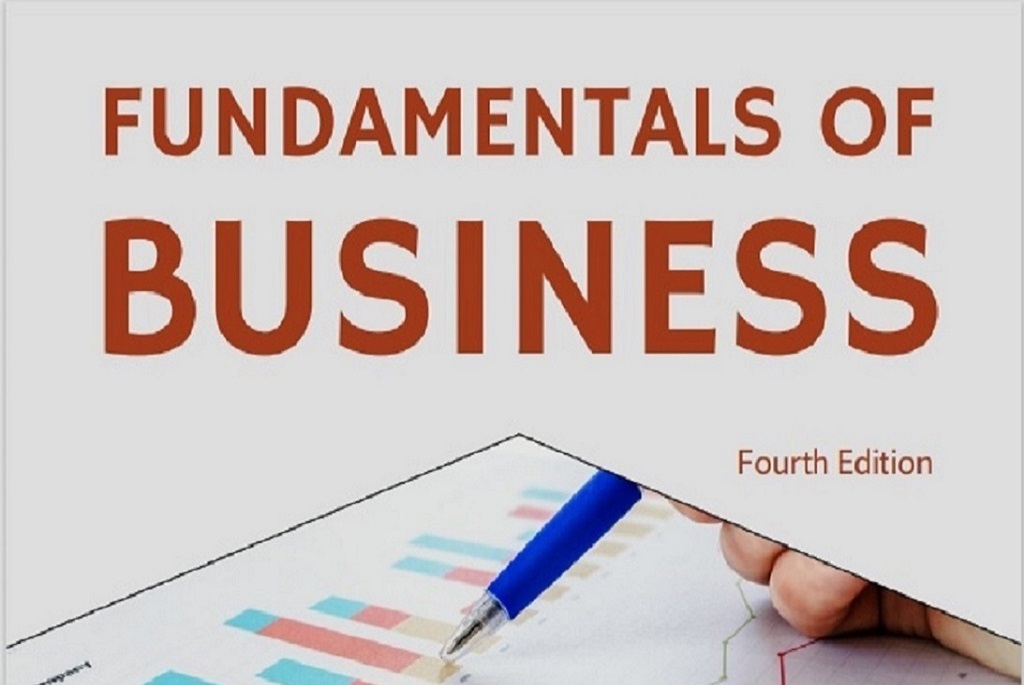VTechWorks
VTechWorks provides global access to Virginia Tech scholarship, including journal articles, books, theses, dissertations, conference papers, slide presentations, technical reports, working papers, administrative documents, videos, images, and more by faculty, students, and staff. Faculty can deposit items to VTechWorks from Elements, including journal articles covered by the University open access policy. Email vtechworks@vt.edu for help.
Communities in VTechWorks
Select a community to browse its collections.
Recent Submissions
Bridging the gap: Biomechanics of vertical gap-crossing in snakes and cicadas
Pulliam, Joshua Nicholas (Virginia Tech, 2026-02-13)
The ability to locomote through arboreal environments is essential for the animals which make those environments their home. An animal's ability to move among branches can depend on both environmental features, such as branch diameter or discontinuities in branch support, as well as the animals' features such as claws, sticky toe pads, or the presence or absence of limbs. Periodical cicadas (Magicada septendecim) are an example of animals which must overcome both discontinuities and changes in branch diameter. After spending 13-17 years of their lives underground, periodical cicadas burrow their way to the surface, climb trees to molt into adults, and then climb to the edges of branches, mate, and oviposit their eggs. Both nymphs and adults must overcome the same surfaces, yet how the environmental factors of these surfaces interact with the age of the subject to influence climbing performance remains unknown. Additionally, the influence of arboreal surface structure on animal locomotion is not limited to insects, or even limbed animals. Limbless animals, such as arboreal snakes, must contend with these same issues. While perch diameter's effects on horizontal locomotor speed and balance have been well explored, its influence on limbless animal's abilities to cross vertical gaps between branches remains relatively understudied. Despite perch diameter's known influence on an animal's ability to prevent toppling, no study has recorded how this influence translates to its influence on vertical gap crossing ability for limbless animals. This dissertation seeks to answer how arboreal surface structures shape locomotor performance across diverse taxa. Chapter 2 presents a study asking how increasing perch diameter and varying surface friction influences adult periodical cicadas ability to navigate cylindrical surfaces, showing that, at smaller diameters, cicadas are able to cross distances which proved difficult to impossible at larger diameters. Chapter 3 expands on this, exploring gap size's relationships with successful climbs but also compares the performance of adult cicadas to those of nymphs. Additionally, a series of trials are introduced within this chapter to explore surface roughness's influence on climbing capability for both age groups, revealing relationships between surface roughness and success for both age groups, as well as age groups and how well they succeed, defined by how quickly they completed the cross. Finally, Chapter 4 explores diameter's influence on vertical gap crossing in arboreal snakes, exploring factors such as the heights they reach, the speed at which they reach these heights, how well they maintain balance in doing so, and the torque the portion of the bodies within the gap experience. My results have found that perch diameter does influence several performance variables in arboreal locomotion for cicadas and snakes. These variables include, but are not limited to, maximum size of gaps possible to cross for the former, and heights reached for the latter. Additionally, I found that age groups influence the performance of periodical cicadas on climbing structures, while the surface conditions of these structures influence their ability to successfully climb.
Architecture and Memory at the Intersection of Transit, the Built Environment, and Placemaking in Tysons, VA
Cornileus, Jasmine Brenne (Virginia Tech, 2026-02-13)
"Palimpsest"
noun: palimpsest; plural noun: palimpsests
a manuscript or piece of writing material on which the original writing has been effaced to make room for later writing but of which traces remain.
something reused or altered but still bearing visible traces of its earlier form.
My thesis revolves around Tysons, VA. A census designated place located in Northern Virginia. Tysons, VA has a unique history of development, grounded in technology, infrastructure, commercial interests, and government among others. Tysons has operated as an extension of Washington, DC throughout its history, as well as a "downtown" for Fairfax County, VA. With four metro stations, plentiful office buildings, commercial real estate, and more, this area has the potential to be a unique urban/suburban conglomerate. Yet, it falls short of breaking out of its "Edge City" classification . I have come to the following critique: although Tysons boasts fascinating urban conditions, its current development structure falls short in facilitating public life for residents, commuters, visitors, passersby, etc. All aided by the overabundance of asphalt and concrete, incredibly robust traffic, and lack of pedestrian infrastructure.
I will employ the following methods for my research and to communicate my findings. My methods build upon one another, to create a body of work that is interconnected. Information is collected through archival research of Tysons, VA development history, precedent studies of public versus private spaces, and materiality studies. Observations and analysis are communicated through visual aids such as collage, sketch, and cyanotype. In addition, I use audio/visual media to communicate the multi-sensory nature of the intervention and studies.
This thesis introduces a new layer to the Tysons Urban fabric – one that is dedicated to the insertion of experiential community building, placemaking, equity, and opportunity. Through a truly public intervention, the thesis acknowledges the wonder of the urban palimpsest, and the beauty that can thus emerge in both the physical and ephemeral realm, through the intersecting layers of the built environment.
Bibliography
Oxford Dictionary. 2024. "Oxford Languages." Oxford Languages. Oxford University Press. 2024. https://languages.oup.com/google-dictionary-en/.
Garreau, Joel. 1991. Edge City : Life on the New Frontier. Toronto ; New York: Doubleday.
Exploring Science Teacher's Concerns and Self-Efficacy Toward Implementing Engineering Practices in Science Education
Morris, Angela Dawn Sanders (Virginia Tech, 2026-02-13)
Exploring Science Teacher's Concerns and Self-Efficacy Toward Implementing Engineering Practices in Science Education Angela Sanders Morris Scholarly Abstract The purpose of this study was to examine the levels of concern and self-efficacy held by Virginia secondary science teachers regarding the implementation of engineering practices as an instructional strategy to teach science. With the 2018 Virginia Science Standards of Learning requiring engineering integration, understanding teacher readiness for this shift is essential.
Participants were high school science teachers from counties across Virginia's eight regions. Of the 1,536 teachers invited, 75 completed the STR4UEP survey. Using the Stages of Concern Questionnaire (SoCQ) and the Teaching Engineering Self-Efficacy Scale (TESS), this study measured teachers' concerns, confidence, and perceived readiness. Findings revealed high internal concerns across all demographic groups, particularly regarding awareness, information needs, personal ability, and classroom management related to engineering implementation. TESS results showed low-to-moderate confidence, with consistently modest scores for Engineering Pedagogical Content Knowledge (KS) and Outcome Expectancy (OE). An inverse relationship emerged between concerns and self-efficacy: teachers with higher concerns reported lower confidence in their ability to implement engineering practices effectively. Overall, the results indicate that Virginia secondary science teachers possess a relatively low level of readiness to integrate engineering practices into science instruction, underscoring the need for targeted professional development and sustained instructional support.
The Impact of Receiving Peer Help and a Manager's Reputation for On-The-Spot Rewards on Novice Auditors' Task Performance
Malone, Carissa Laura (Virginia Tech, 2026-02-13)
Auditors often receive help from peers, especially when performing novel tasks, such as data visualization, which facilitates timely audits and promotes teamwork. Psychology research identifies two types of help individuals can receive: empowering help (providing the full solution and tools to solve the problem on their own) and non-empowering help (providing the full solution without tools to solve the problem on their own). To promote this kind of helping behavior, firms have instituted on-the-spot rewards programs, though the extent to which individual supervisors use these rewards varies. I predict that the type of help provided (empowering or non-empowering) and supervisors' reputation for giving on-the-spot rewards (absence or presence) will jointly impact novice auditors' current and perceived future task performance. In an experiment, when performing data visualization, in the absence of a supervisor's reputation for providing on-the-spot rewards, auditors who receive empowering help, rather than non-empowering help, feel a greater sense of ownership. This leads to more accurate audit procedures, better client evidence requests, and greater perceived ability to perform future tasks. However, in the presence of a supervisor's reputation for rewards, auditors perceive that the help provider has ulterior motives, which diminishes the performance difference between empowering and non-empowering help. Therefore, certain audit firms' rewards programs can have unintended effects on firms' efforts to enhance team culture.
Analysis of Acceleration Techniques and Fast Nonlinear Solvers
Wan, Ning (Virginia Tech, 2026-02-13)
This dissertation focuses on the analysis and development of acceleration techniques and fast solvers for nonlinear systems of equations. Building upon the fixed-point and extrapolation frameworks introduced in the early chapters, we explore structural connections between residual-based acceleration methods and Krylov subspace techniques.
The first main contribution is a unified algebraic framework establishing the equivalence between the Anderson Acceleration method and the CROP (Conjugate Residual with Optimal Trial Vector) algorithm. By formulating both methods within a common affine subspace representation, we show that their full, untruncated forms produce identical iterates, motivating new hybrid variants such as CROP-Anderson and real-residual CROP (rCROP) methods.
The second contribution is a perturbation analysis of Anderson-type variants, examining the effects of deterministic and stochastic errors on convergence. Numerical experiments confirm that acceleration efficiency depends critically on both the choice of update strategy and the nature of perturbations.
The third contribution extends this unified perspective to nonlinear Krylov subspace methods. Nonlinear extensions of GMRESR, GCRO, and LGMRES are derived, forming the nlKrylov family of algorithms, and analyzed in the context of inexact Newton solvers, with convergence results established under relaxed conditions on residual and Jacobian approximations.


